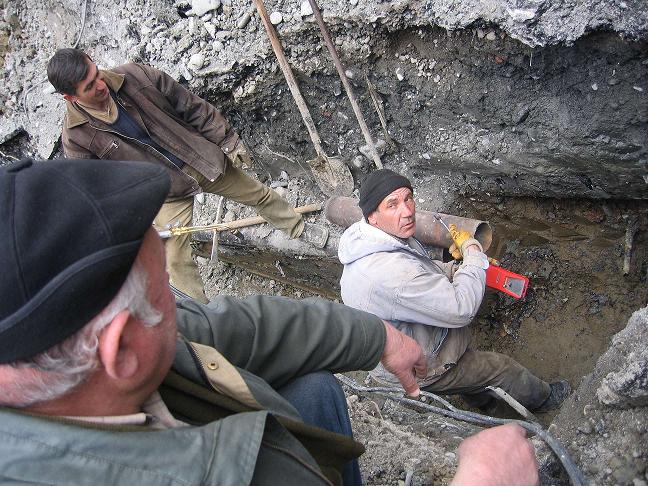
The European Union is engaged in several major initiatives to support the provision of adequate, affordable and sustainable energy services in developing countries, especially through the EU energy initiative for poverty eradication and sustainable development and EU-Africa Energy Partnership.
More than 1.6 billion people in the world mainly concentrated in rural and peri-urban areas of developing countries do not have access to electricity. The situation is particularly severe in African, Caribbean and Pacific countries, where the rate of access to electricity can be as low as 10% in rural areas. Access to energy is a fundamental prerequisite for economic growth and social well-being.
The EU-Africa Energy Partnership aims to mobilise increased financial, technical and human resources in support of Africa’s energy development, scaling up investments in energy infrastructure and energy interconnections within Africa and between Africa and the EU. It includes promotion of improved management, and the mainstreaming of climate change into development cooperation.
A number of African countries have chosen energy as a focal sector of their national indicative programmes under the 10th EDF. Programmes supported include rural electrification in Tanzania, renewable energy in Burundi and Burkina Faso, improved electrification in Sierra Leone and hydropower in Guinea-Bissau.
The increased role of energy in national programmes is being facilitated by the Partnership Dialogue Facility, a flexible and demand-driven EU programme. The Global Gas Flaring Initiative (GGFI) and the Global Energy Efficiency and Renewable Energy Fund (GEEREF) are also being supported.
At the regional level, the EU-Africa Infrastructure Trust Fund (ITF) will receive an additional €200 million. The flow of new projects will benefit from the Programme for Infrastructure Development in Africa initiated by the African Union Commission and implemented by the African Development Bank.
The ACP-EU Energy Facility, which targets local access to energy and focuses on renewable energy, will receive a further €200 million, plus possible Member State contributions. The Energy Facility has supported more than 70 projects for increased access, reaching out to more than six million people. The new funding is expected to support projects in Sub-Saharan Africa aimed at increased access to modern energy services in rural and peri-urban areas, focusing on renewable sources of energy and energy efficiency.
This information was originally published as part of the EuropeAid Annual Report 2010, which can be downloaded and read in full here:
Log in with your EU Login account to post or comment on the platform.